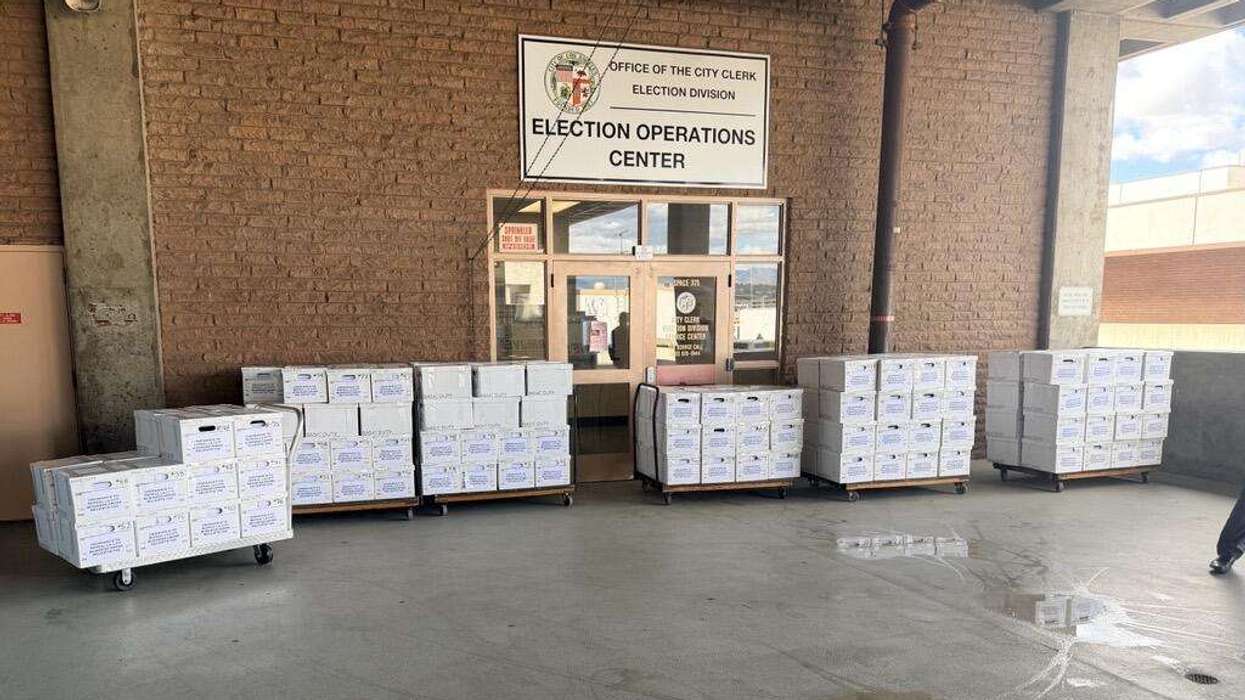THE CORONAVIRUS EPIDEMIC is significantly disrupting the hospitality market and hoteliers are scrambling to find ways to stay in business despite the sudden drop in travelers. However, there are certain knee-jerk reactions they should avoid, according to a blog from HotStats.
The effects of the virus outbreak on U.S. hotels’ occupancy, RevPAR and ADR was felt particularly in the first two weeks of March, according to STR. Similar impacts are being felt around the world, according to HotStats.
“It’s still early, but the impact has been swift and pernicious for the hospitality industry as travel has come to a standstill, drying up occupancy and throwing a wicked curveball to revenue and accentuating expenses, which in turn will cast a pall over hotel bottom lines,” the blog said. “Yes, it will hurt, but people will travel again, companies will hold meetings and conferences will floor. This is the end of a prolonged cycle and the beginning of a new one. A phoenix rising from the ashes. Will you be ready for the bounce back?”
Being ready means avoiding mistakes that may have been effective strategies in other downturns, such as cutting rates. The current situation doesn’t lend itself to that remedy, however.
“As one hotelier told us, that ploy won’t do any good this time, seeing as people are simply not traveling,” the blog said. “This has nothing to do with price.”
There are steps hoteliers can take to protect their revenue and reduce their costs, HotStats said.
In terms of revenue, hoteliers should know their segments and when they are likely to return so they can best benefit from them. Don’t be too quick to cut rates or cut too deeply, because that won’t do much to improve occupancy in this case but may slow recovery once the crisis abates. Be flexible with cancellation polices and be aware of when major events have been rescheduled.
As for cutting costs, HotStats said marketing budgets should shrink because, again, advertising will not make more people travel. Along with being prudent about cutting rates, don’t send too much inventory to OTAs. Take advantage of government subsidies for payroll and fixed costs. Use the ebb in occupancy to finish any capital improvements if you have the funds, and consult monthly data to measure your performance against other hotels.





